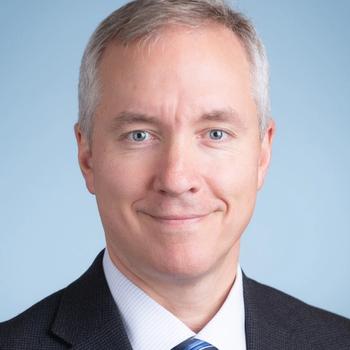
July 2022

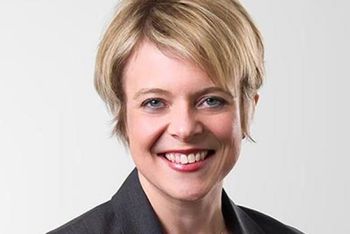
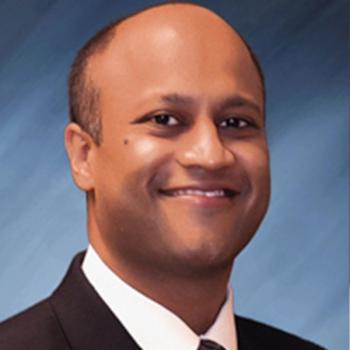
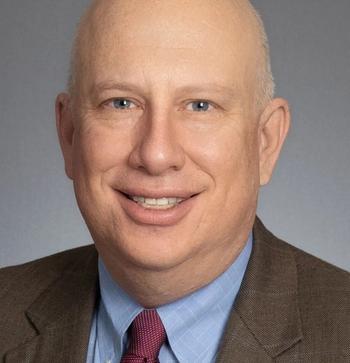
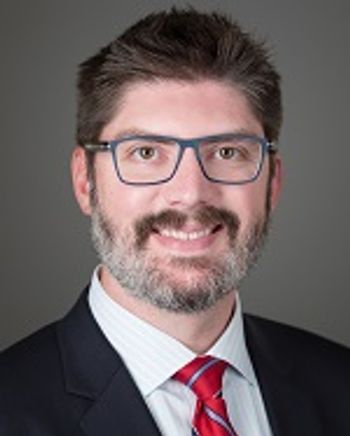

Ravi B. Parikh, MD, MPP, assistant professor, Department of Medical Ethics and Health Policy and Medicine, Perelman School of Medicine, University of Pennsylvania, presented long-term results from an experiment with an algorithm designed to prompt oncologists to have serious illness conversations.


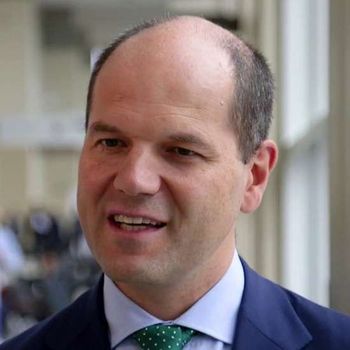
Enrique Ocio, MD, PhD, Hematology Department head, Marqués de Valdecilla University Hospital, Santander, Spain, discussed the convenience seen in subcutaneous isatuximab.
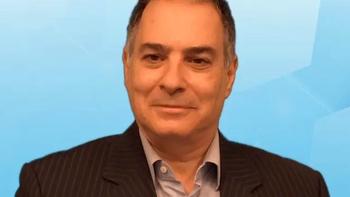
Thanos Zomas, MD, global medical lead for lymphoma and leukemia and for the Adcetris Program, Takeda Oncology, discussed results of the ECHELON-1 trial.
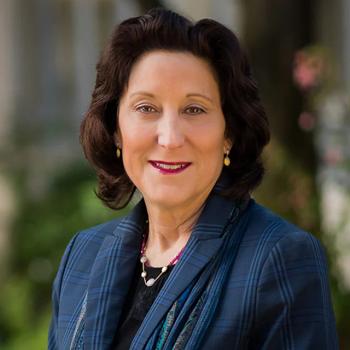
Hope S. Rugo, MD, FASCO, professor of medicine and director, Breast Oncology and Clinical Trials Education, University of California, San Francisco, Helen Diller Family Comprehensive Cancer Center, said PALOMA-2 results don’t match what she has seen in practice.
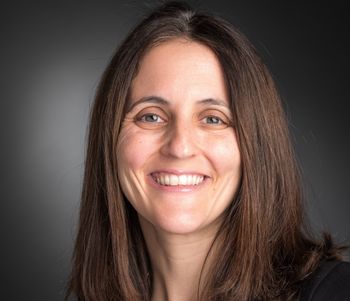

Joel Neal, MD, PHD, associate professor, Division of Oncology, Stanford Cancer Institute, discussed phase 1b results in COSMIC-021 in non-small cell lung cancer.

ASCO Spotlight With Kim A. Reiss, MD, on CAR Macrophages and Other Developments in Pancreatic Cancer
Kim A. Reiss, MD, assistant program director, assistant professor of medicine, Hospital of the University of Pennsylvania, Philadelphia, discusses 2 abstracts presented during ASCO.
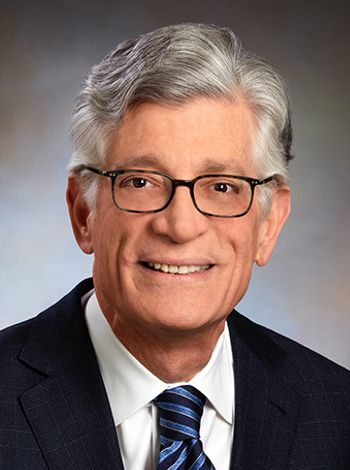
Randall A. Oyer, MD, medical director of the Ann B. Barshinger Cancer Institute, medical director of oncology, and medical director of the Cancer Risk Evaluation Program, Lancaster General Health, discusses recommendations to improve diversity in clinical trials.
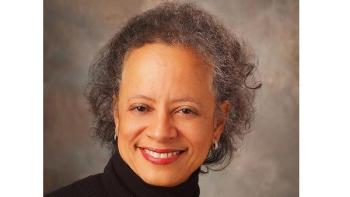

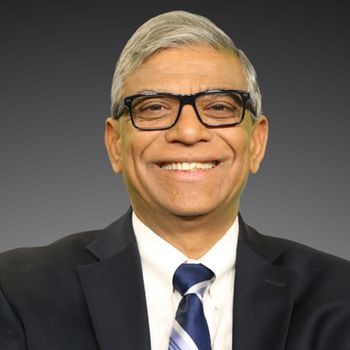

New date from the KEYNOTE-716 trial show distant metastasis-free survival benefit from pembrolizumab use in melanoma.

Abstracts presented at this year's American Society of Clinical Oncology Annual meeting detailed the financial hardships many patients with cancer face, including those related to high-deductible health plans and clinical trial participation.

Patients with iCCA, particularly those whose disease progresses following first-line chemotherapy, have limited overall treatment options. Data presented at the 2022 American Society of Clinical Oncology (ASCO) Annual Meeting show that patients may soon have a new agent to fight this rare cancer in futibatinib (Taiho Oncology), an FGFR inhibitor.

Anita Kumar, MD, medical oncologist with Memorial Sloan Kettering Cancer Center, led a session at the 2022 Annual Meeting of the American Society of Clinical Oncology (ASCO), on New Directions in Mantle Cell Lymphoma.
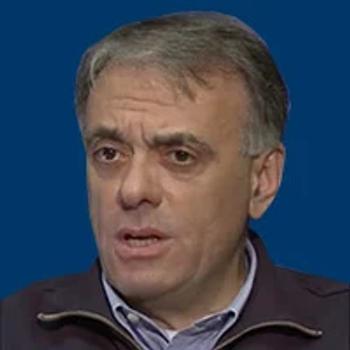
A primary analysis of the phase 2 ROSEWOOD trial finds that a combination of zanubrutinib and obinutuzumab is superior to obinutuzumab alone in relapsed/refractory follicular lymphoma (FL). Results were presented at the 2022 European Hematology Association Congress.
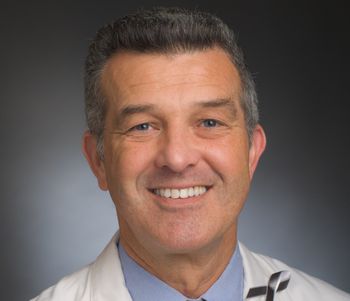
The results involve a pair of DNA medicines combined with cemiplimab, which is approved as Libtayo to treat other solid tumors. In this study, the regimen is designed to prime a T-cell response before a patient receives radiation.
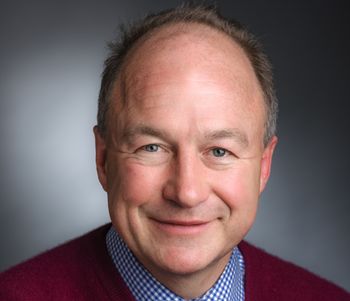
Results presented at the American Society of Clinical Oncology Annual Meeting showed a 21.4-month advantage for autologous stem cell transplant (ASCT) over a common triplet therapy in progression-free survival (PFS) but no advantage in overall survival (OS).

Practice-changing data from the DESTINY-Breast04 study, presented during the 2022 Annual Meeting of the American Society of Clinical Oncology in Chicago, show that trastuzumab deruxtecan reduced the risk of disease progression or death by 50% compared with chemotherapy for human epidermal growth factor receptor-2 (HER2)–low patients with both hormone receptor (HR)–positive and HR-negative disease.
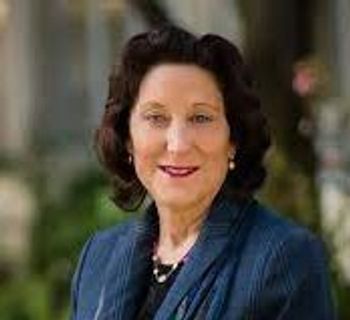
TROPiCS-02, a phase 3 study, was presented during a session on breast cancer at the 2022 Annual Meeting of the American Society of Clinical Oncology.
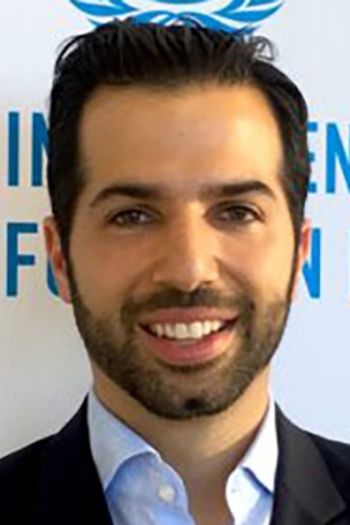
The collaboration, put in place through a Memorandum of Understanding, was presented Saturday in a keynote address by WHO Cancer Control Officer André Ilbawi, MD, during the presidential symposium at the 2022 American Society of Clinical Oncology (ASCO) Annual Meeting taking place in Chicago.
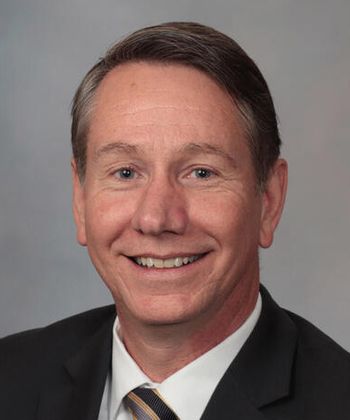
Data presented at ASCO show that after 6 years, patients with advanced Hodgkin lymphoma who were treated with a combination of brentuximab vedotin and chemotherapy had a sharply reduced risk of death and a reduced risk of a secondary cancer.
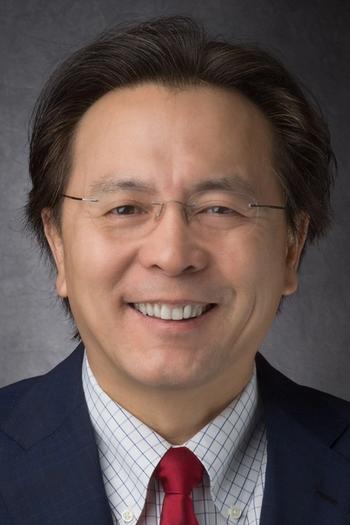
Findings from the phase 3 SHINE trial could make ibrutinib the standard treatment option for older patients with mantle cell lymphoma (MCL), who often cannot tolerate chemotherapy or transplant strategies, according to study authors.



